Tag: Ears
-
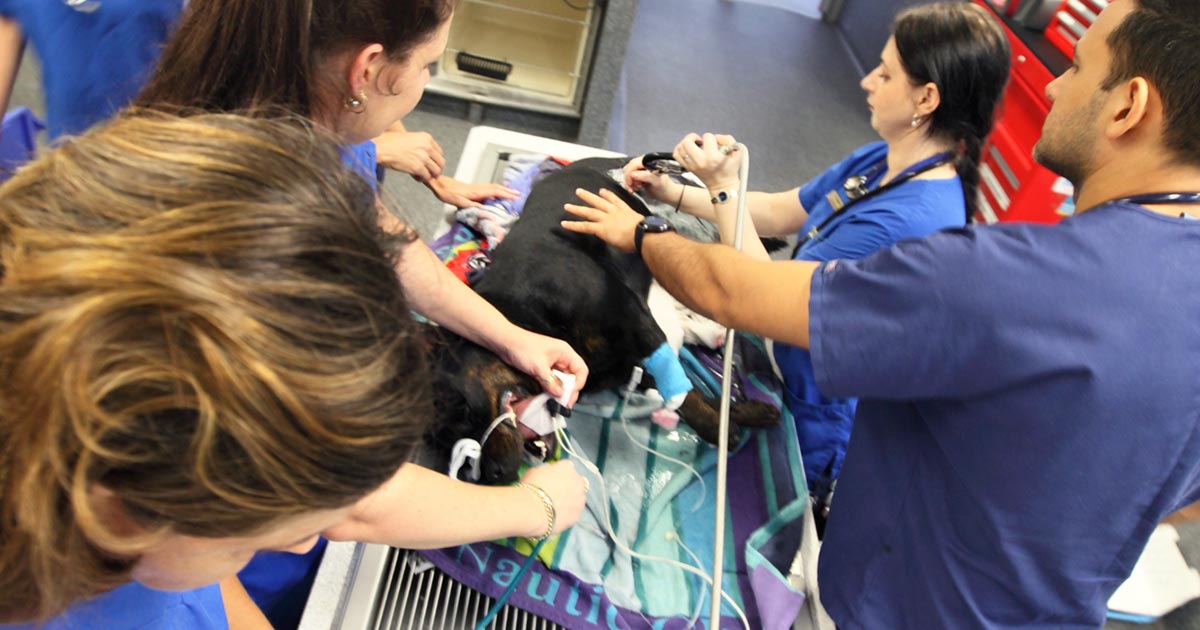
Triage, pt 2: secondary survey
—
by
Secondary survey refers to the detailed physical examination performed after the primary survey, and should only be performed once the patient has been adequately stabilised. It is always important to perform physical examinations systematically to avoid overlooking organ systems. This could be difficult in a stressful emergency situation, so one way to remind yourself is…
-
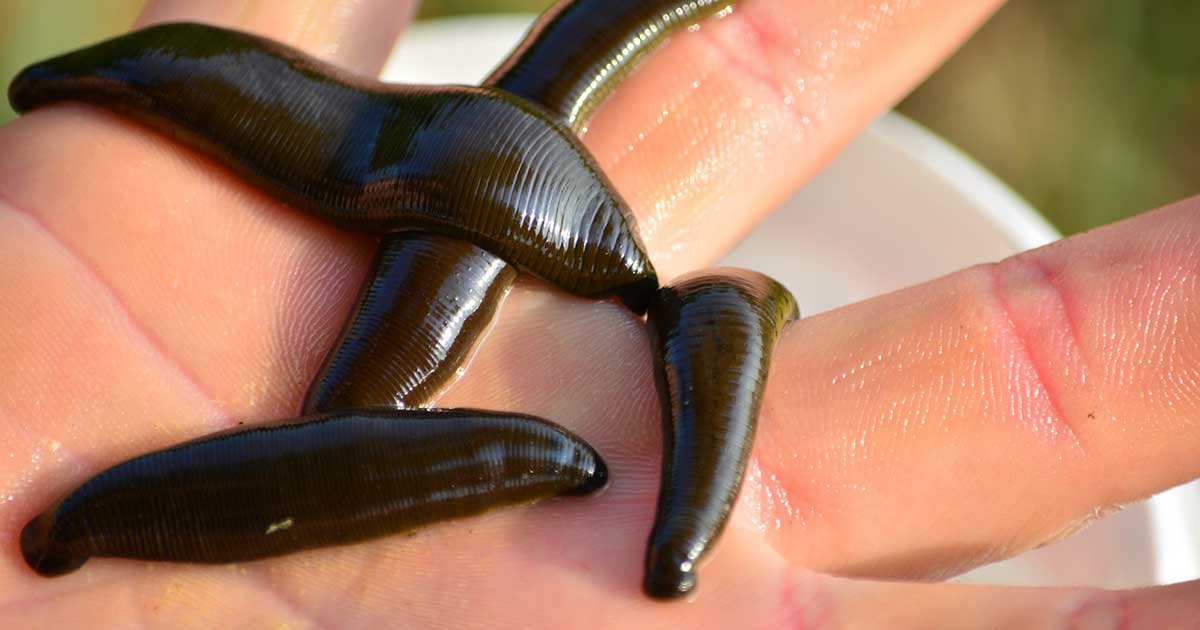
Hirudotherapy – not just for the movies
Hirudotherapy is the use of leeches in a medically controlled environment to treat medical and surgical problems. Within the veterinary world, Hirudotherapy is less commonly used than in human medicine, yet has been shown to aid a variety of cases. This is something I have never personally seen or worked with, but as someone who…
-

Induced vomiting from the nurse’s perspective
—
by
New RVN author Dale Gillies starts off her Vet Times blogging career with a tasteful little piece about the best ways to make a dog revisit its last meal…
-

Euthanasia: lets talk about it
—
by
I think your first PTS as a new graduate is a significant moment across the board; there’s nothing that truly prepares you for it, as it’s very unlikely you’ll have seen many during work experience placements. Personally, I hadn’t seen a single one with the owner present. Your university might try to prepare you by…
-

The revision roller coaster
—
by
At this stage of the year, it’s hard for me to write about anything but revision. So, for those of you reading this as a means to escape, I can only apologise. At the same time, if your idea of time off from studying is reading my work-related articles, then I think we need to…
-

The pen is mightier than the scalpel
—
by
For some, my past A-level choices of biology, chemistry and English literature may seem an odd mixture. At first glance, the arts and the sciences don’t seem go hand in hand, and are often viewed as polar opposites. I even remember being asked during one of my veterinary interviews if my decision to study English…
-
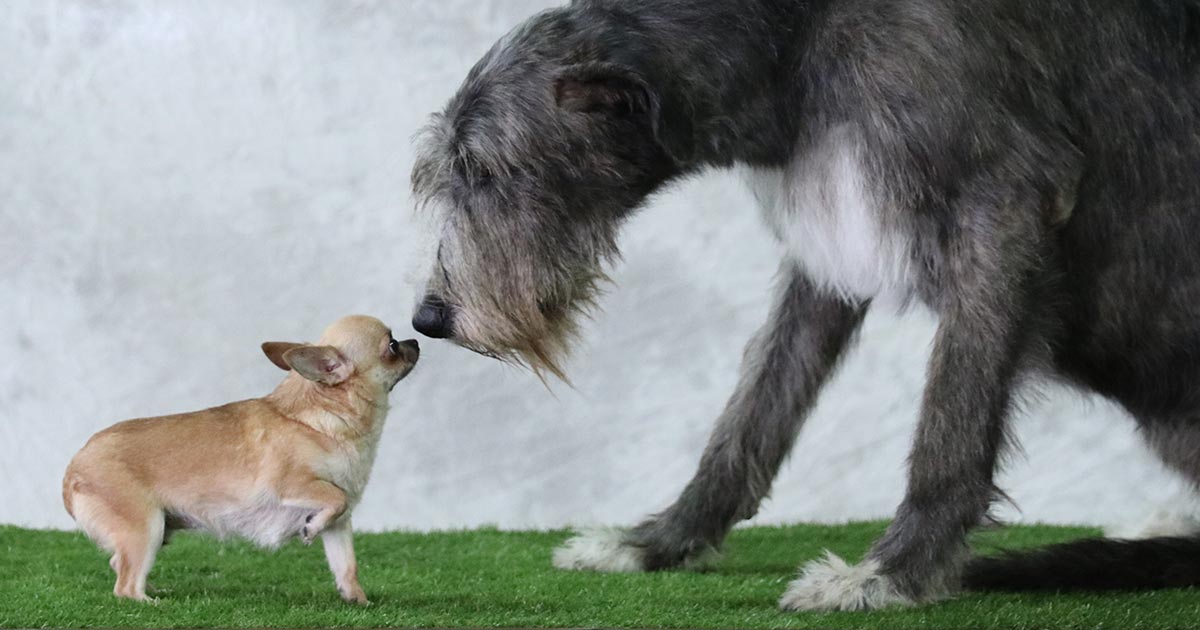
All creatures great and small: big dog, bigger impact?
—
by
Rescues and breeders both agree on one thing: small dogs are more popular than big dogs. Having recently made the move from a small dog to big dog owner, I’ve been reflecting on the differences in terms of his impact. Is a big dog more money, work and impact than a small dog? Money I…
-
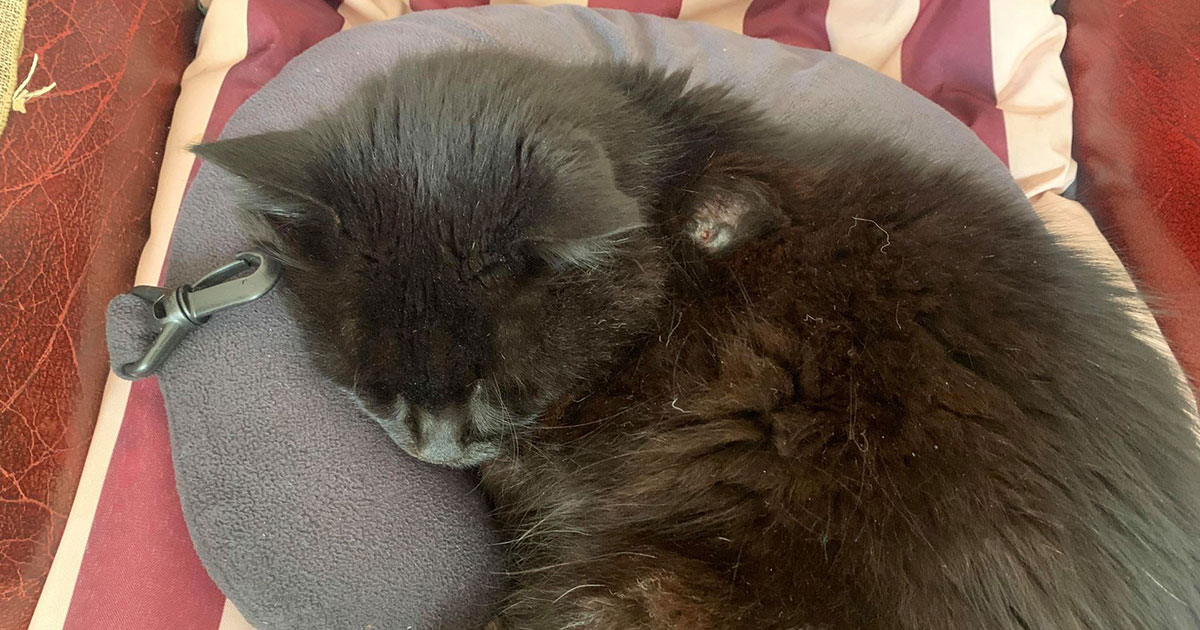
What’s in a name? The story of Edward and Albert
—
by
As part of considering our professional identities as vets and vet nurses, I’m often struck with the notion that diagnosing and giving a name to something is a very important part of the patient journey. Reading back through the archives and being able to match descriptions of symptoms that are well-known diseases today is fascinating.…
-
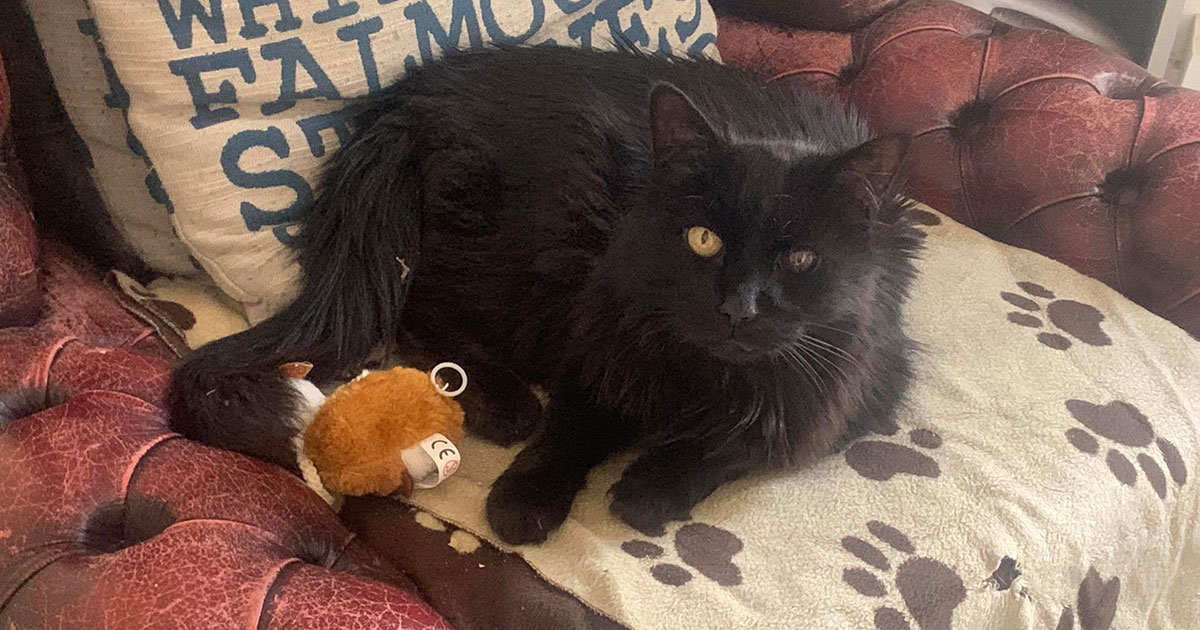
Professor Edward Coleman
—
by
Am I really already writing my blogs for the halfway point of the year? It would seem so, and I’m having a look back at an earlier blog from this year. In March, I wrote about “nurse pets” – those missing the parts other pet owners would expect as standard, but that we nurses don’t…
-

The fallacy of prophecy
—
by
Evolution by natural selection has provided us with some wonderful tools to make sense of and manipulate the world. All of us carry around one of the most complicated objects in the universe within our skull, and our bloated, folded brains are able create illusionary facsimiles of the world around us, and imagine what may…